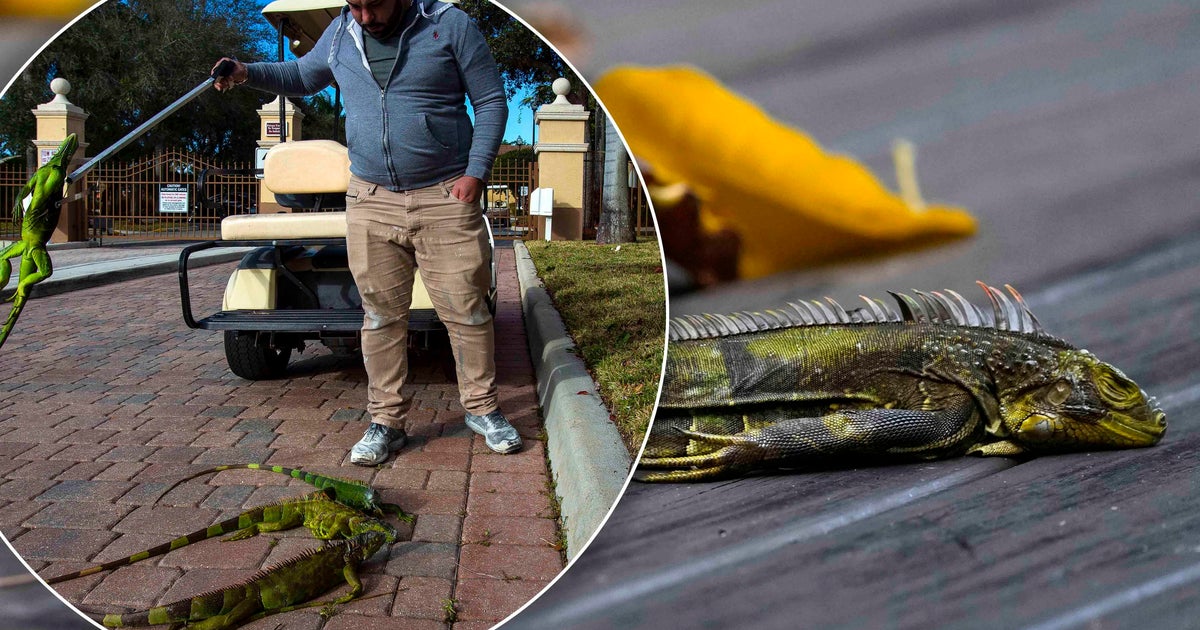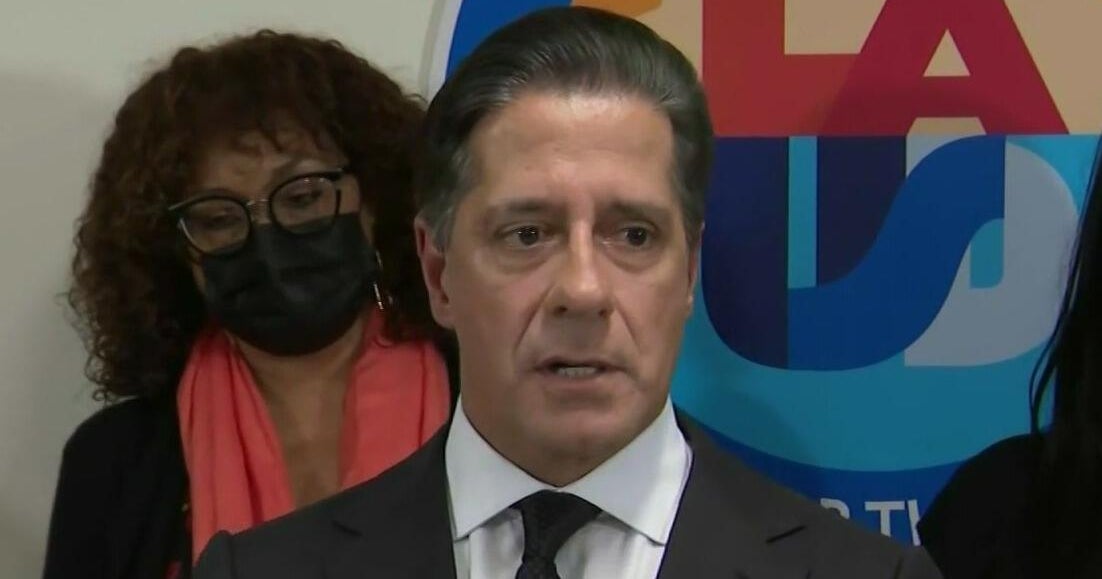The coldest air of the season is arriving in South Florida, and while that means residents will want to bundle up, it also brings the potential for one of the region’s strangest winter spectacles — iguanas falling out of trees.
Arctic air moving into South Florida
The NEXT Weather team is tracking a strong cold front expected to sweep through the region late Monday, ushering in much colder air by early Tuesday morning.
As the front settles in, temperatures will plunge into the upper 40s and low 50s by Tuesday morning, the coldest readings since January 2025. Factoring in wind chill, it could feel even colder, marking one of the chilliest Veterans Day on record.
Highs Tuesday will stay in the upper 60s under mostly sunny but breezy skies before gradually warming later in the week, according to the NEXT Weather team.
Why Florida iguanas fall from trees during cold weather
When South Florida temperatures dip below 50 degrees, green iguanas, an invasive species common across the region, can become cold-stunned and lose their grip on branches, causing them to fall.
“Iguanas start getting sluggish once it drops below 50,” said Zoo Miami Communications Director Ron Magill said in an interview with CBS News Miami in 2022. “Below the mid-40s, they can enter a dormant state and fall out of trees. They look dead, but they’re not, they’re just stunned.”
These reptiles, native to Central and South America, rely on external heat sources to regulate their body temperature. When the cold sets in, they essentially shut down until conditions warm back up. Larger iguanas can withstand cold longer than smaller ones, and some have adapted by burrowing underground or staying near warmer bodies of water.
Iguanas, invasive and destructive species in Florida
The green iguana, along with the Mexican and spinytail iguana, was introduced to Florida decades ago through the pet trade. Now considered invasive, the species has caused structural damage, power outages, and even garden and pool infestations.
Their impact goes beyond nuisance: they threaten native wildlife such as gopher tortoises, sea turtles, and burrowing owls, according to wildlife experts. One female iguana can lay up to 70 eggs a year, and with few natural predators, their population has exploded.
Since 2021, it’s been illegal to keep iguanas as pets in Florida.
The Florida Fish and Wildlife Conservation Commission allows them to be humanely removed or killed with landowner permission, though they are protected by animal cruelty laws.
Brief but brisk South Florida cooldown
The cold snap will be short-lived. South Florida should warm up by midweek, with overnight lows returning to the upper 60s and highs back in the low 80s by Friday.
But for now, residents can expect a rare November chill — and possibly a few cold-stunned iguanas on the ground come Tuesday morning.



